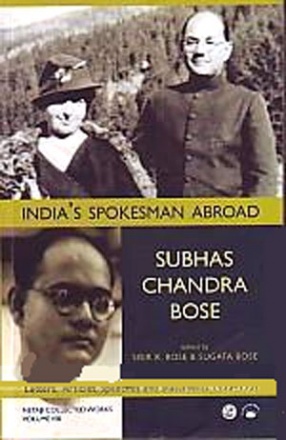
Subhas Chandra Bose

Showing all 6 books
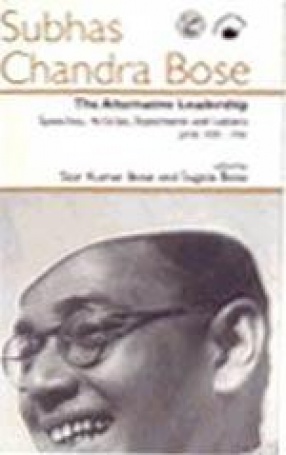
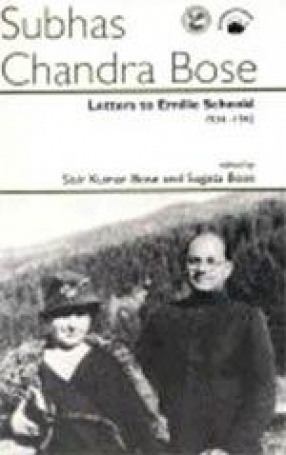

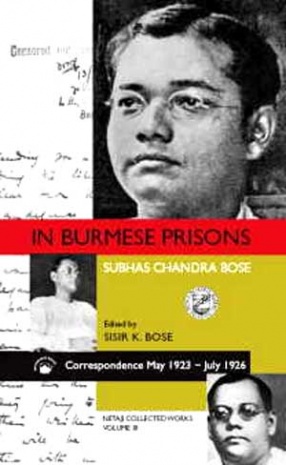
Prison letters, despite being subjected to the scrutiny of government censors, often supply some of the deepest insights into the mind of a revolutionary. Subhas Chandra Bose’s letters from Mandalay certainly underscore the truth of the poetic assertion: “Stone walls do not a prison make, nor iron bars a cage.” They make this volume one of the most moving in the 12-volume set of Netaji’s Collected Works.Subhas Chandra Bose’s exile in ...
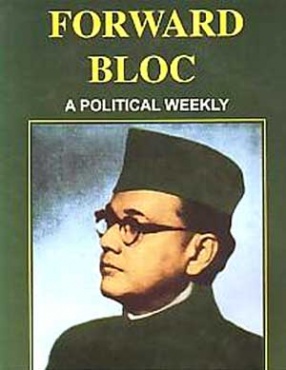

Between his resignation as Congress President in Calcutta on 29 April 1939 and his escape from his Elgin Road home on the night of 16-17 January 1941, Subhas Chandra Bose provided India with an alternative leadership in place of the old guard represented by the Gandhian High Command. His alternative was based on a commitment to anti-imperialism and future socialism. This volume brings together the writings and speeches of a crucial phase in Bose's political life ...

This volume brings together Bose's letters, writings and speeches from January 1938 until just after his resignation in April 1939. It includes the famous Haripura Address of February 1938. Other pieces deal with socialism, national planning, science, Hindu-Muslim relations, the role of women, and European politics. Among the 120 letters here are sets of correspondence with Gandhi, Tagore, Jinnah and Nehru.

Perhaps the least known aspect of Netaji Subhash Chandra Bose's many-sided personality was his love for Emilie Schenkl, his Austrian wife. Bose met Emilie Schenkl in June 1934 in Vienna, developed a close relationship during his forced European exile, secretly married her in December 1937, and had a daughter, Anita, in November 1942. This volume of Netaji's collected works illuminates the human and emotional aspects of his many splendoured life. One hundred and ...
